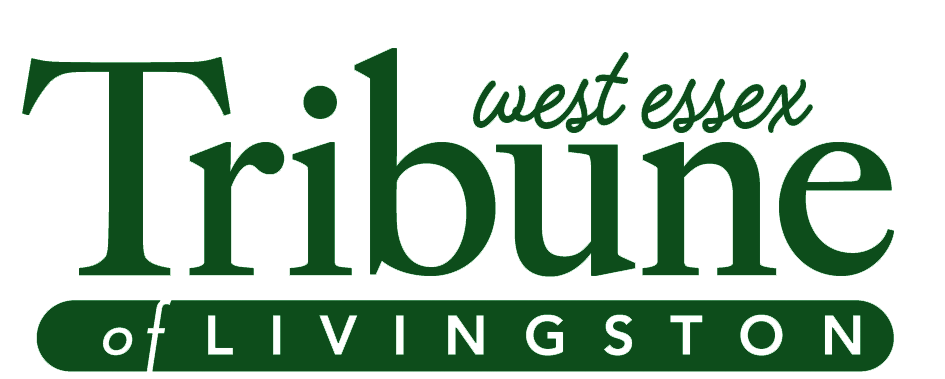Afew weeks ago, a revised bill to dismantle the Open Public Records Act (OPRA) in New Jersey – S2930/A4045 – was passed by both the state Senate and the Assembly. The Senate approved it by a 21-10 vote, while the Assembly approved it by a vote of 42-28.
This bill was first introduced on March 4 and fast tracked through the system before many relevant parties even had time to review it and offer comments and suggestions. After several notable organizations denounced it – including theAmerican Civil Liberties Union (ACLU) and the League of Women Voters, as well as the editorial boards of the state’s largest newspapers – the vote was put on hold as officials gathered more information and considered amendments.
Well, amendments were made to the bill in the ensuing two months – though theACLU contends that these changes only made the resulting bill even worse in regard to public access – and it ultimately passed with little friction. It now heads to Governor Phil Murphy’s desk, who will decide to either sign the bill into law, veto it entirely, or conditionally veto it.
We greatly appreciate that our elected officials representing Livingston in New Jersey’s 27th Legislative District – Assemblywoman Rosy Bagolie,AssemblywomanAixon Collazos-Gill, and Senator John McKeon – each voted “no” on this bill. They should have: polls have shown that more than four out of every five New Jersey voters oppose the proposed changes to OPRA. Elected officials were put in Trenton by citizens who they are supposed to represent. Representation, in this instance, was voting to not gut public access to records. We are happy that our representatives did just that and value open government. It is also heartening to know that this bill is not broadly popular in Congress; hopefully, this will give Gov. Murphy the latitude to strike it down.
For those who need a reminder of the good that OPRA has provided the public since it was first enacted in 2002: Through it, people are able to access government records from municipal, county, and state government agencies. It permits anyone to look up information on how taxpayer funds are allocated, the pollution levels of municipal wells, and the results of so many other government functions that might otherwise stay hidden. The 22-year-old law has led to countless important stories in the Garden State; for example, emails obtained through OPRA led to the infamous “Bridgegate” scandal. OPRA is an invaluable resource to the public, even to those who have never personally used it. It is an essential check on power, and without it, corrupt officials would be much better able to operate without fear of being caught. It also leads informative analysis from journalistic data crunchers, and shines a light on issues that would otherwise go unnoticed. We have said it before and we will say it again: the list of its benefits could fill this newspaper.
This bill, however, will further limit government transparency in New Jersey, a state that should have more of it, not less. It is worth reiterating that the Center for Public Integrity, in a 2015 survey, gave the Garden State an “F” grade for “public access to information.” Concealing information from the public is exactly the type of bad governance that OPRA was put in place to prevent.
Again, we are not saying that changes cannot be made to OPRA. We see that it is being abused by private businesses in ways that do not follow the spirit of what the law is designed to accomplish. We are sympathetic to the time and effort of employees in clerk’s offices throughout the state, and the costs associated with providing these businesses with the information they request.
But this bill – both in its original form and the amended one that passed, which is just as harmful – goes too far. The USA TODAY Network New Jersey Editorial Board recently called it “an affront to democracy.” It does not simply address the issue of data collectors; it is, instead, so broad and features so many restrictions that it threatens to gut OPRA entirely. Commercial requestors of OPRA are the stated target of this bill, yet lawmakers behind it do not seem to care (or admit) that it gives leeway to deny additional public requests, as well. Any attempt to limit these commercial requests cannot come at the expense of the public’s right to access important information.
The state Assembly and Senate has let us, the citizens they represent, down on this issue. We hope the governor will not do the same. If he does, it will be a major blow to journalism and good governance in New Jersey, tossing an effective form of checks and balances aside. There is a better bill to be made that can address the concerns held by the League of Municipalities and town clerks’ offices without giving those in government ample additional opportunity to withhold information from the public. For readers who feel the same way, we suggest contacting the governor’s office and encouraging him to veto this bill.


